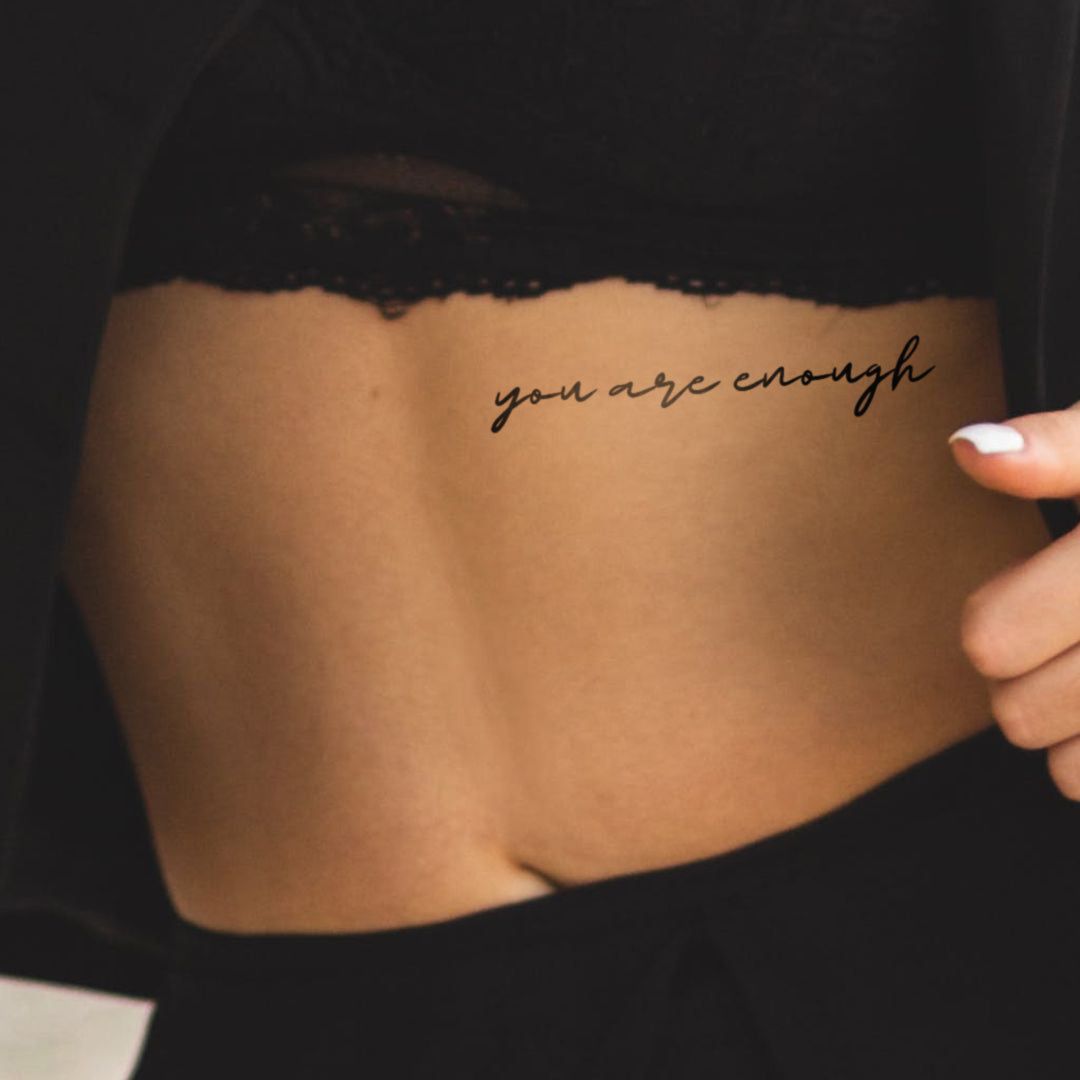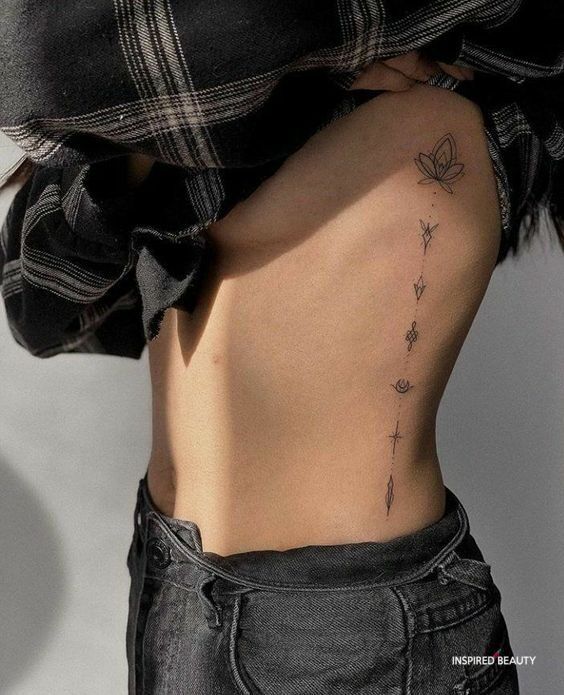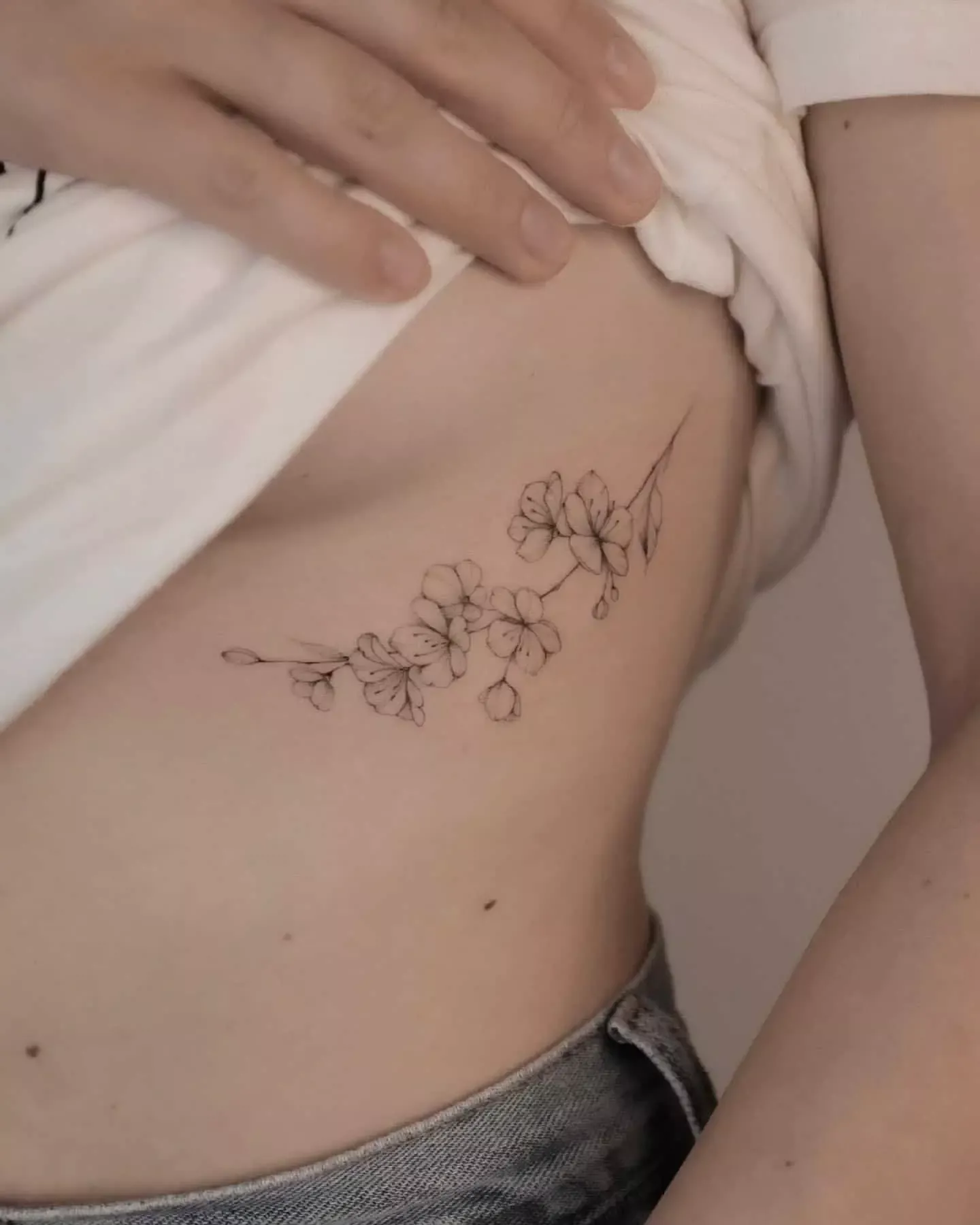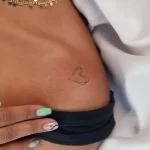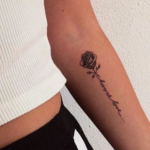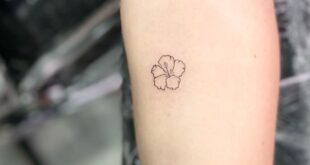Tattoos have long been seen as a form of self-expression, a way for individuals to showcase their unique personalities and interests through permanent ink on their skin. In recent years, the popularity of tattoos among women has been steadily increasing, with more and more women choosing to adorn their bodies with intricate and meaningful designs.
The stereotype that tattoos are only for men is slowly fading away, as women from all walks of life are embracing tattoos as a form of empowerment and self-expression. From celebrities to everyday women, tattoos have become a popular form of art and personal statement for females of all ages.
One of the reasons behind the rise in popularity of tattoos among women is the growing acceptance of body positivity and self-love. Women are asserting their independence and reclaiming their bodies as their own, choosing to decorate themselves with tattoos that symbolize their beliefs, experiences, and passions. Tattoos can serve as a form of therapy, allowing individuals to process and heal from traumatic experiences, or simply as a way to celebrate life milestones and achievements.
In addition to personal expression, tattoos can also hold cultural significance for many women. Throughout history, tattoos have been used as a form of cultural identity, with different designs and symbols representing various aspects of a person’s heritage. Today, many women choose to get tattoos that pay homage to their cultural roots, celebrating their ancestry and traditions through their body art.
Despite the increasing acceptance of tattoos among women, there is still a stigma attached to visible body art in some conservative societies. Many women face discrimination and judgment for their tattoos, particularly in professional settings where conservative dress codes are still prevalent. However, as more women proudly display their tattoos and challenge societal norms, the perception of body art is slowly changing.
Tattoos have become a powerful form of self-expression for women, allowing them to claim ownership of their bodies and celebrate their uniqueness. As more women embrace tattoos as a form of empowerment and personal expression, the art of body ink continues to evolve and thrive, creating a more inclusive and diverse space for individuals to express themselves through their skin.
 innstyled Tattoo Ideas
innstyled Tattoo Ideas
